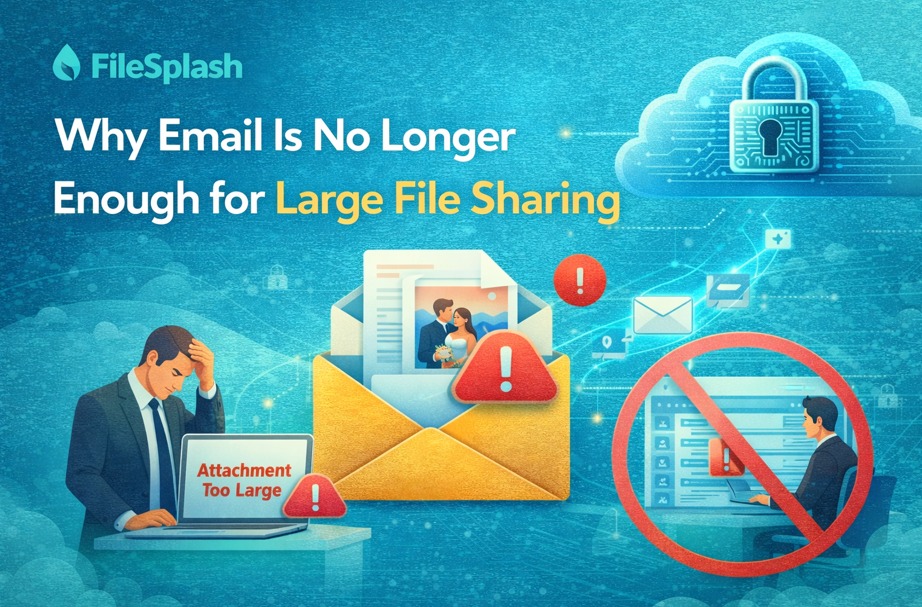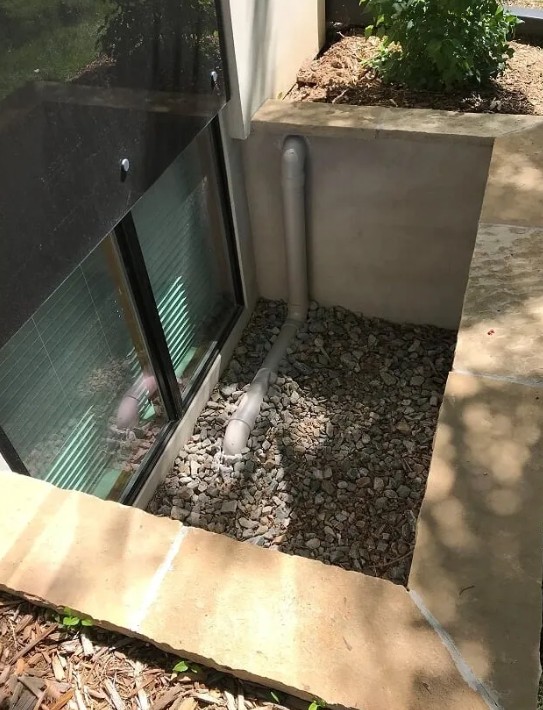When it comes to protecting your vehicle, auto insurance Trenton NJ is not just a legal requirement—it’s a critical investment in your financial security. Whether you’re a first-time car buyer or looking to switch insurance providers, understanding how to choose the best auto insurance plan for your vehicle and budget is essential. After all, your car is one of the most valuable possessions you own, and the right coverage ensures that you’re protected in case of an accident, theft, or damage.
But with so many options available, how do you choose the best insurance plan for your needs? In this article, we’ll walk you through key considerations to help you make an informed decision while keeping your budget in check. Plus, we’ll explore how auto insurance fits into your overall financial plan alongside other important policies like health insurance and homeowners insurance.
Why Is Auto Insurance Essential for Your Vehicle?
In many countries, auto insurance is a legal requirement before you can drive your car. But beyond legalities, it offers several key benefits that help protect your financial future. Here’s why you need auto insurance:
• Financial Protection in Case of Accidents: Accidents can happen at any time. With auto insurance, you’re protected from the financial consequences of accidents, such as vehicle repairs, medical costs, and legal fees.
• Damage or Theft Coverage: If your car is damaged or stolen, auto insurance provides the necessary coverage to help repair or replace it, saving you from out-of-pocket expenses.
• Liability Protection: If you cause an accident that injures someone else or damages their property, your auto insurance helps cover their medical bills or repair costs, preventing you from facing significant legal and financial liability.
With these protections in mind, let’s look at how to find the best auto insurance for both your vehicle and your budget.
5 Tips for Choosing the Best Auto Insurance Plan for Your Vehicle
1. Assess the Coverage Types You Need
When choosing auto insurance, understanding the different types of coverage is crucial. Your needs will depend on several factors, such as the value of your car, where you live, and how much you drive.
• Liability Coverage: This covers the damage or injuries you cause to others in an accident. It’s the most basic coverage required by law.
• Collision Coverage: This helps pay for repairs to your vehicle if it’s damaged in a collision with another vehicle or object.
• Comprehensive Coverage: Covers damage to your car from non-collision events, such as theft, vandalism, or natural disasters.
• Personal Injury Protection (PIP): This covers medical expenses for you and your passengers, regardless of who is at fault in the accident.
• Uninsured/Underinsured Motorist Coverage: If you’re in an accident with someone who doesn’t have enough insurance (or any at all), this coverage ensures you’re still protected.
Deciding which coverage is right for you will depend on factors like your vehicle’s value, driving habits, and personal preferences. For example, if your car is older, you might opt for less comprehensive coverage, whereas a newer or more expensive vehicle may warrant full coverage for optimal protection.
2. Compare Premiums Across Providers
The next step is to shop around and compare auto insurance premiums. Premiums can vary significantly between insurance companies, even for the same coverage. Here are some tips to ensure you get the best deal:
• Get Multiple Quotes: Obtain quotes from several insurance providers to compare prices.
• Consider Discounts: Many insurers offer discounts for things like bundling multiple policies (such as homeowners insurance or health insurance with auto insurance), being a good driver, or having anti-theft devices in your car.
• Look for Customized Packages: Some companies offer packages that fit specific needs, such as covering multiple vehicles or offering roadside assistance.
Keep in mind that while it’s important to look for affordable premiums, the cheapest option might not always provide the best coverage. Always weigh the value of coverage against the cost of the premium.
3. Understand Your Deductible
The deductible is the amount you pay out-of-pocket before your auto insurance kicks in to cover any damage. Choosing a deductible that works with your budget is key:
• Lower Deductible: If you choose a lower deductible, your premium will likely be higher, but your out-of-pocket costs will be lower in the event of a claim.
• Higher Deductible: Opting for a higher deductible reduces your premium but means you’ll have to pay more upfront if you need to file a claim.
When setting your deductible, consider how much you can comfortably afford to pay out-of-pocket in the event of a claim.
4. Review the Financial Strength and Reputation of the Insurer
The insurance company’s financial stability and reputation are vital to ensure they can pay claims when needed. You don’t want to choose a provider that may struggle to handle claims or that offers poor customer service. Look for an insurance company that:
• Has strong financial ratings from independent agencies (e.g., A.M. Best, Moody’s).
• Has a solid track record of customer satisfaction and efficient claims processing.
• Provides clear communication and support during claims.
5. Consider the Long-Term Costs
While it’s tempting to choose the cheapest auto insurance policy upfront, consider the long-term costs. For example, auto insurance premiums may rise as you make claims, or after adding drivers to your policy. Choosing a policy with reasonable premiums and minimal increases over time can save you money in the long run.
How Does Auto Insurance Fit Into Your Overall Insurance Portfolio?
When selecting auto insurance, it’s also important to consider how it fits into your broader insurance needs. If you already have homeowners insurance or health insurance, bundling multiple policies with one provider can lead to discounts and make managing your insurance easier.
Auto Insurance and Health Insurance:
If you’re involved in a car accident, health insurance can help cover medical expenses that auto insurance doesn’t cover. It’s important to ensure that your health insurance is adequate, especially if you have significant medical needs.
Auto Insurance and Homeowners Insurance:
Bundling your auto insurance with homeowners insurance often leads to substantial savings. It also simplifies managing your policies, as you’ll have one point of contact for both your car and home coverage.
Conclusion
Choosing the best auto insurance for your vehicle and budget requires thoughtful consideration. By assessing the coverage you need, comparing premiums, understanding your deductible, and researching the insurer’s reputation, you can make an informed decision that protects both your car and your wallet.
As part of your overall insurance plan, auto insurance should be evaluated alongside other types of coverage, such as health insurance and homeowners insurance, to ensure you are adequately protected in all aspects of your life. Bundling policies or selecting the right combination of coverage can make your insurance plan more comprehensive and cost-effective.
Ultimately, the best auto insurance is the one that gives you peace of mind, ensures you’re financially protected in the event of an accident, and fits within your budget. Take your time to research and choose wisely—you’ll be glad you did when the unexpected happens. business insurance perth Amboy NJ


